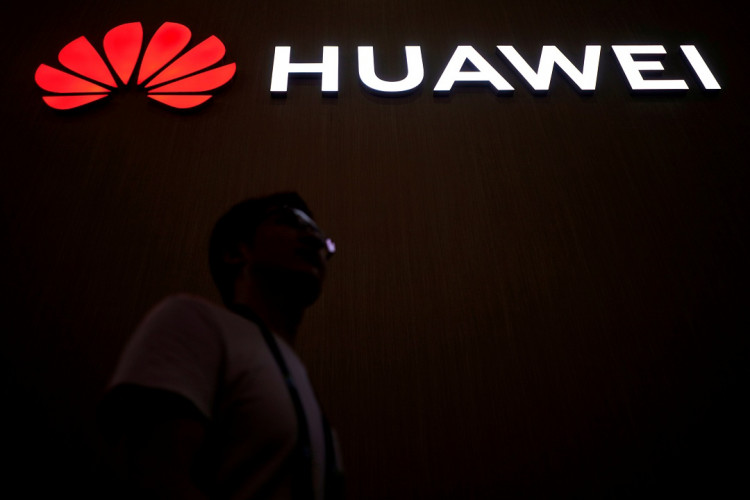The US Commerce Department's amnesty for Huawei to continue doing business with US companies will officially end this week. New reports have suggested that the agency could grant an extension to the reprieve, which will allow the company to continue buying components from US suppliers and to serve its existing customers.
According to reports citing sources close to the matter, the agency is expected to grant a "temporary general license" to the Chinese firm. The agency originally granted the company the stay of execution shortly after it included the Chinese firm in its trade blacklist in May.
The decision was made on the grounds that it wanted to minimize the effects of the trade ban on Huawei, which still had millions of existing customers in the country. If the extension is granted, Huawei will be able to maintain its existing telecommunications networks and software updates to its US customers.
The granted of the initial reprieve was seen by most as a key bargaining chip in the United States trade dispute with China. For this reason, the expected extension could still be subject to change if the ongoing negotiations will go south.
The same reports have revealed that US President Donald Trump and Chinese President Xi Jinping had discussed the Huawei situation over the telephone over the weekend. However, details regarding the outcome of the conversation are still unknown.
The inclusion of Huawei by the Commerce Department in the country's trade blacklist was a major turning point in the ongoing trade dispute between two of the world's largest economies. The move had significantly escalated the trade war, leading to countermeasures imposed by China against the United States.
The Trump Administration reasoned back in May that the ban was a necessary move given that it had reason to believe that Huawei was involved in activities that threatened the country's national security. The US accused Huawei of being a tool by the Chinese government to spy on other countries using its equipment. Huawei has repeatedly denied the US' allegations, stating that it was not controlled by the government nor did it participate in any spying activities.
The US' ban on Huawei had a negative side effect on US companies, which all called on the government to put an end to the ban as Huawei was a major buyer of their products. The Commerce Department reportedly received more than 50 applications for special licenses to continue transactions with the Chinese firm. In 2018, Huawei had spent more than $11 billion buying components from US firms such as Qualcomm, Intel, and Micron Technology.






